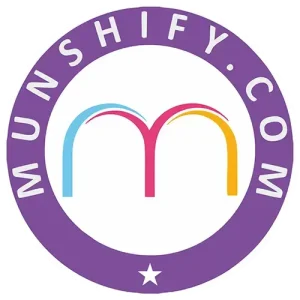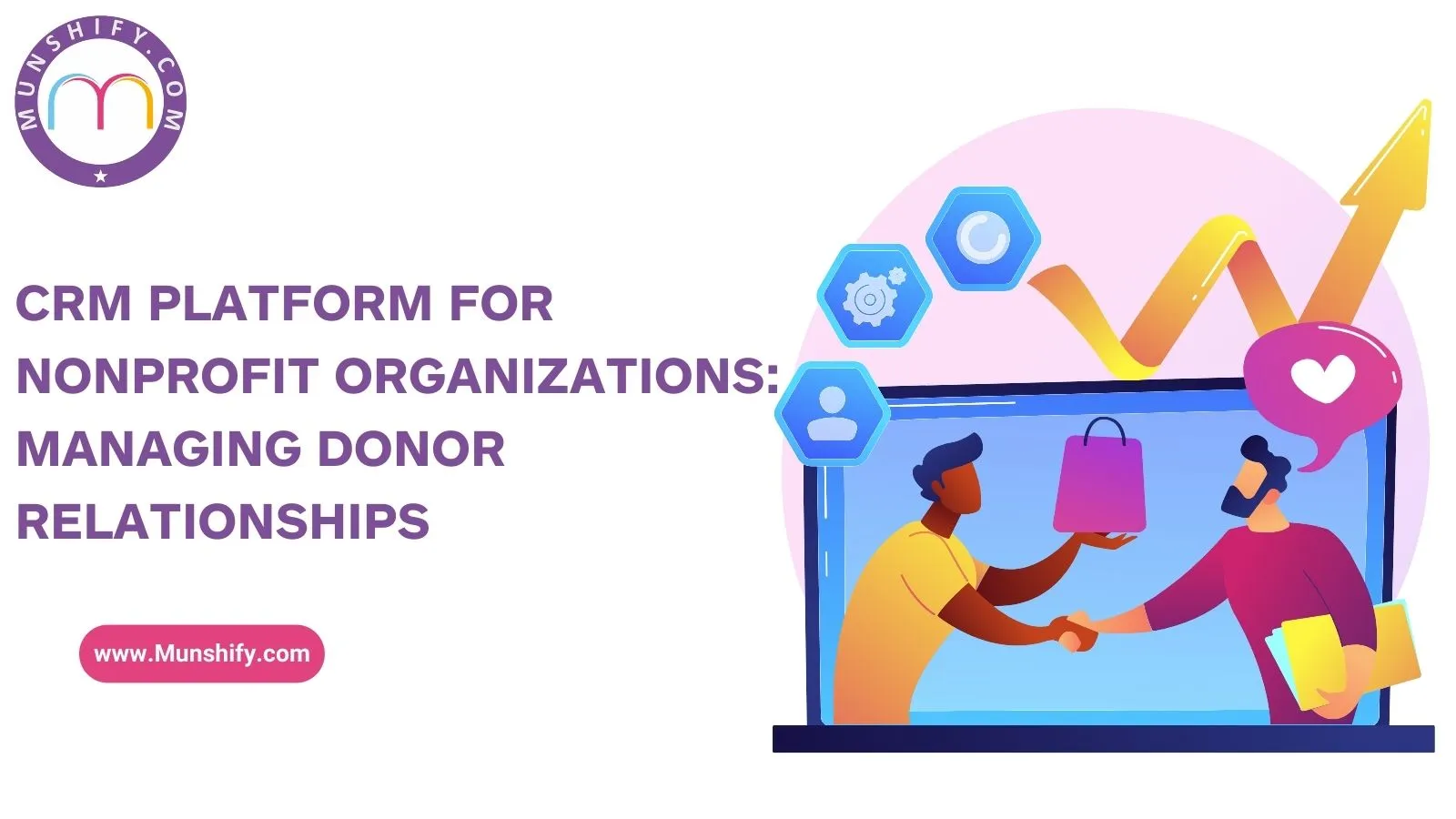In today’s digital age, nonprofit organizations face unique challenges in managing donor relationships. A CRM platform (Customer Relationship Management) is often the key to overcoming these challenges. This blog will explore how CRM platforms can revolutionize donor management for nonprofits, helping them build stronger connections and achieve their mission.
Table of Contents
1. The Importance of CRM for Nonprofits Organisation
2. Key Features of CRM Platforms for Nonprofit Organisation
3. Benefits of Using a CRM Platform in Nonprofit Organisation
4. Choosing the Right CRM Platform for Your Nonprofit Organisation
The Importance of CRM for Nonprofits
Managing relationships with donors, volunteers, and other stakeholders is crucial for the success of any nonprofit organization. Traditionally, this task has been labor-intensive, often relying on spreadsheets and manual processes. However, with the advent of CRM platforms, nonprofits can now streamline these processes, saving time and resources.
Using a CRM platform allows nonprofits to:
1. Centralize donor information: All data related to donors, including contact information, donation history, and communication preferences, can be stored in one place.
2. Enhance donor engagement: Personalized communication and targeted campaigns can be executed more efficiently.
3. Increase transparency and accountability: Detailed reports and analytics provide insights into fundraising efforts and donor behavior.
Key Features of CRM Platforms for Nonprofits
When selecting a CRM platform, nonprofits should consider features tailored to their specific needs. Some key features include:
Donor Management
Effective donor management is at the heart of any nonprofit CRM platform. This feature allows organizations to track donor information, segment donors based on various criteria, and manage donor relationships more effectively. By maintaining a comprehensive donor database, nonprofits can ensure that every interaction is meaningful and personalized.
Fundraising Campaigns
A robust CRM platform will also offer tools to manage fundraising campaigns. This includes tracking donations, managing pledge drives, and analyzing campaign performance. Automation of these tasks not only saves time but also enhances the overall efficiency of fundraising efforts.
Volunteer Coordination
Volunteers are essential to the success of many nonprofit organizations. A good CRM platform will provide tools to manage volunteer information, schedule activities, and communicate effectively with volunteers. This ensures that volunteers are engaged and their contributions are maximized.
Benefits of Using a CRM Platform in Nonprofits
Implementing a CRM platform in a nonprofit organization can offer numerous benefits:
1. Improved Donor Retention: By understanding donor behavior and preferences, nonprofits can tailor their engagement strategies, leading to higher donor retention rates.
2. Increased Efficiency: Automation of routine tasks allows staff to focus on more strategic initiatives.
3. Enhanced Data Management: With all donor information centralized, data integrity and accuracy are improved.
4. Better Reporting and Analytics: Detailed reports and dashboards provide insights that can inform decision-making and strategy development.
5. Personalized Communication: Targeted campaigns and personalized messages can be crafted based on donor data, leading to more effective outreach.
Choosing the Right CRM Platform for Your Nonprofit
Selecting the right CRM platform can be a daunting task, given the plethora of options available. Here are some factors to consider:
1. Ease of Use: The platform should be user-friendly, ensuring that staff can quickly adapt and make the most of its features.
2. Scalability: As the organization grows, the CRM platform should be able to scale accordingly.
3. Customization: The ability to customize the platform to meet the specific needs of the nonprofit is crucial.
4. Integration: The CRM should integrate seamlessly with other tools and systems used by the organization.
5. Cost: Budget constraints are a reality for many nonprofits, so finding a cost-effective solution is essential.
In conclusion, a CRM platform can significantly enhance the way nonprofit organizations manage donor relationships. By centralizing donor data, automating routine tasks, and providing valuable insights through analytics, CRM platforms enable nonprofits to build stronger, more meaningful connections with their donors. As a result, these organizations can focus on what truly matters – achieving their mission and making a positive impact in the world.
Experience the Power of Munshify CRM for Free! Schedule Your Complimentary Demo and Discover How We Can Help!



